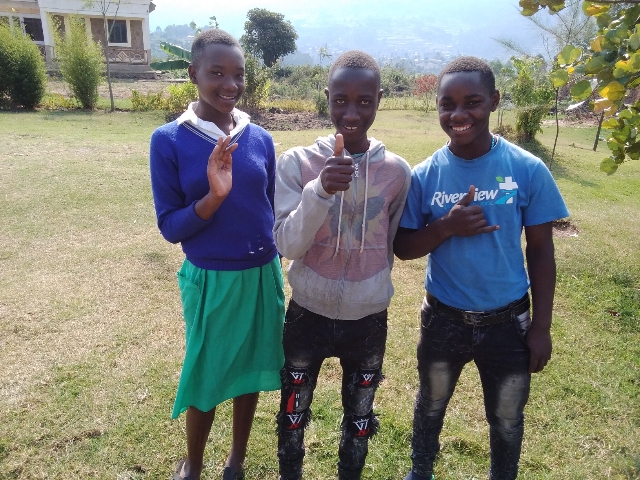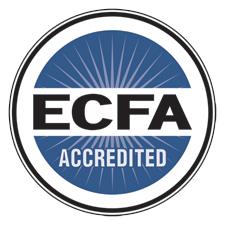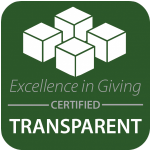Here in the United States and other Western countries, reaching the age of 18 represents a milestone of adulthood. At this age, a child has usually finished high school, can legally vote, and is ready to enter college or the workforce as an adult. Public school systems are put in place and funded by the government, and attendance is mandatory.
However, in developing and low income countries, this isn’t usually the case. Education is a privilege for those who can afford to send their children to school- if a school is even accessible nearby. If a family can afford school one year, that doesn’t necessarily mean that they’ll be able to afford it the following year. Major national events like war, disaster, and famine disrupt daily life for civilians much more frequently and for longer periods of time than in high income nations. For children, sometimes that means that their progress is nonlinear.
Additionally, when people are trying to escape poverty, the impact of a single crisis can send an individual or family scrambling to survive, setting their progress back and prolonging the time it takes to become independent. During the process of community transformation, HopeChest CarePoints support is child-centered, but they are ultimately still a support resource for the whole community.
Anya grew up at the orphanage at the Knyaginin Convent in Vladimir, Russia. She graduated from the Vladimir CarePoint that was established there by HopeChest. She got married, and moved to a small house in the countryside, where they had three children. Their fourth child was recently born in the middle of the Covid-19 pandemic. Her family began to struggle because of the limitations put in place due to the disease. Her husband was only able to find part-time work as a construction worker, and it simply wasn’t enough to support a family of 6. Anya started to despair. She was afraid of getting sick with Covid-19- what would happen to her family if something happened to her? What if there were more lockdowns, and her husband lost the little work he had?
Finally, Anya decided that she needed to ask for help, and went to the Vladimir CarePoint, which has a Young Families’ Program. The CarePoint’s psychologist and caseworker were able to help the family participate in regular counseling sessions. This helped reduce a large amount of stress on Anya and her husband. They were also able to take a budgeting class, which inspired them to start their own business! With all the support they received, they were able to successfully launch their business at the end of last year. Thanks to their participation in the Young Families’ Program, they were able to cope with their crisis situation and discover new prospects for growth that they would never have discovered otherwise. Sometimes, being strong means being brave enough to ask for help!
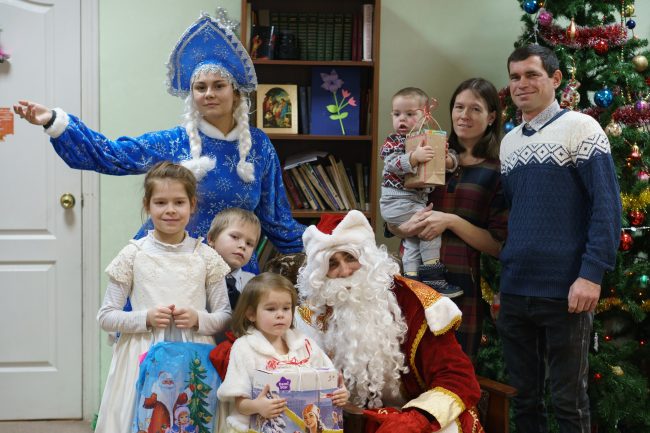
Matawe is another parent who struggled to take care of her family amid the Covid-19 crisis. She is in her late fifties, and has five children. Her husband is a security guard, and she takes care of the home. Because of the low income they generated, it was already difficult to take care of their children before the economic fallout of the pandemic. The CarePoint considered her situation, and then invited her to join one of the savings groups to promote income-generating activities. She enthusiastically began to save, and reached her goals quickly. When she had saved enough, she bought two pregnant goats, which had four babies total! Now she is raising them in the hope that she can sell them at a profit.
“I am thankful for this opportunity. I know that it is essential to learn for stronger sustainability practices… and since God is on my side, I will be making profit in the near future and overcome my family’s challenges!” Matawe said.
Matawe’s family could have suffered a far greater loss that could have set them back further in their fight against poverty, but because of an opportunity and hard work, they’re further ahead than ever!
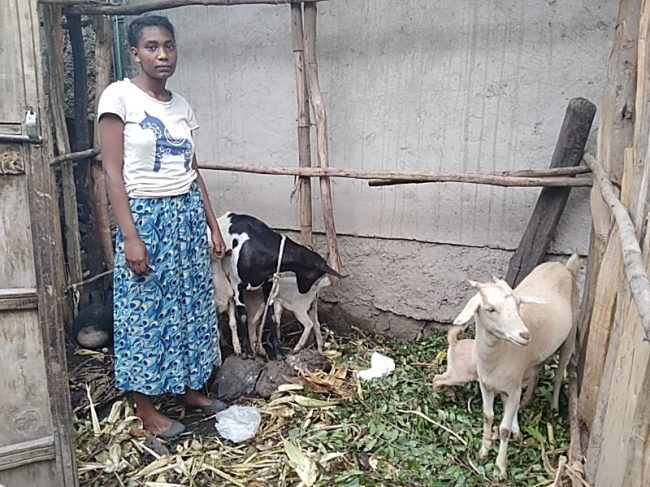
21-year-old Dembe completed her senior four-level in 2017, but she was unable to continue her education any farther due to financial hardship. She had no significant skills with which to support herself. Even though she wanted to work and be independent, she saw no path forward to do so. But in 2018, she joined the Iowa Tailoring Institute at the Bukedea CarePoint in Uganda. She was able to learn professional tailoring skills, and then was able to use her savings to buy her own sewing machine and rent a booth where customers could meet her. In 2021, she was invited to attend an additional training course at the CarePoint for business management. Dembe worked even harder after completing the business course! She was able to save more money and rent a better operating location. Her business has grown to also sell fabrics and merchandise, and Dembe makes a significant profit, even after her expenses. Because of the opportunities she was able to take advantage of, Dembe was able to support herself throughout a time where everyone was struggling. “I am the way I am because of the support [I got]!” Dembe said.
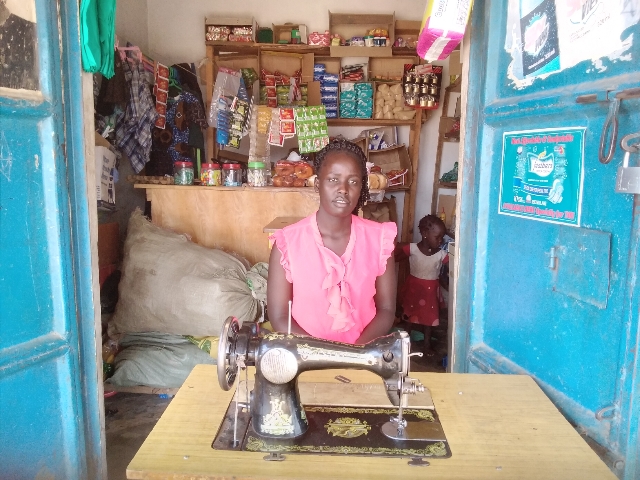
Everyone is going to fall on hard times- but those in poverty are hit hardest by crises. Short and long term supports help alleviate the devastating consequences that keep people trapped in survival mode. And with the long-term sustainable change HopeChest works to implement, soon the community will be able to firmly stand on their own feet, and be proud of how they’ve used God’s gifts to change their lives!

